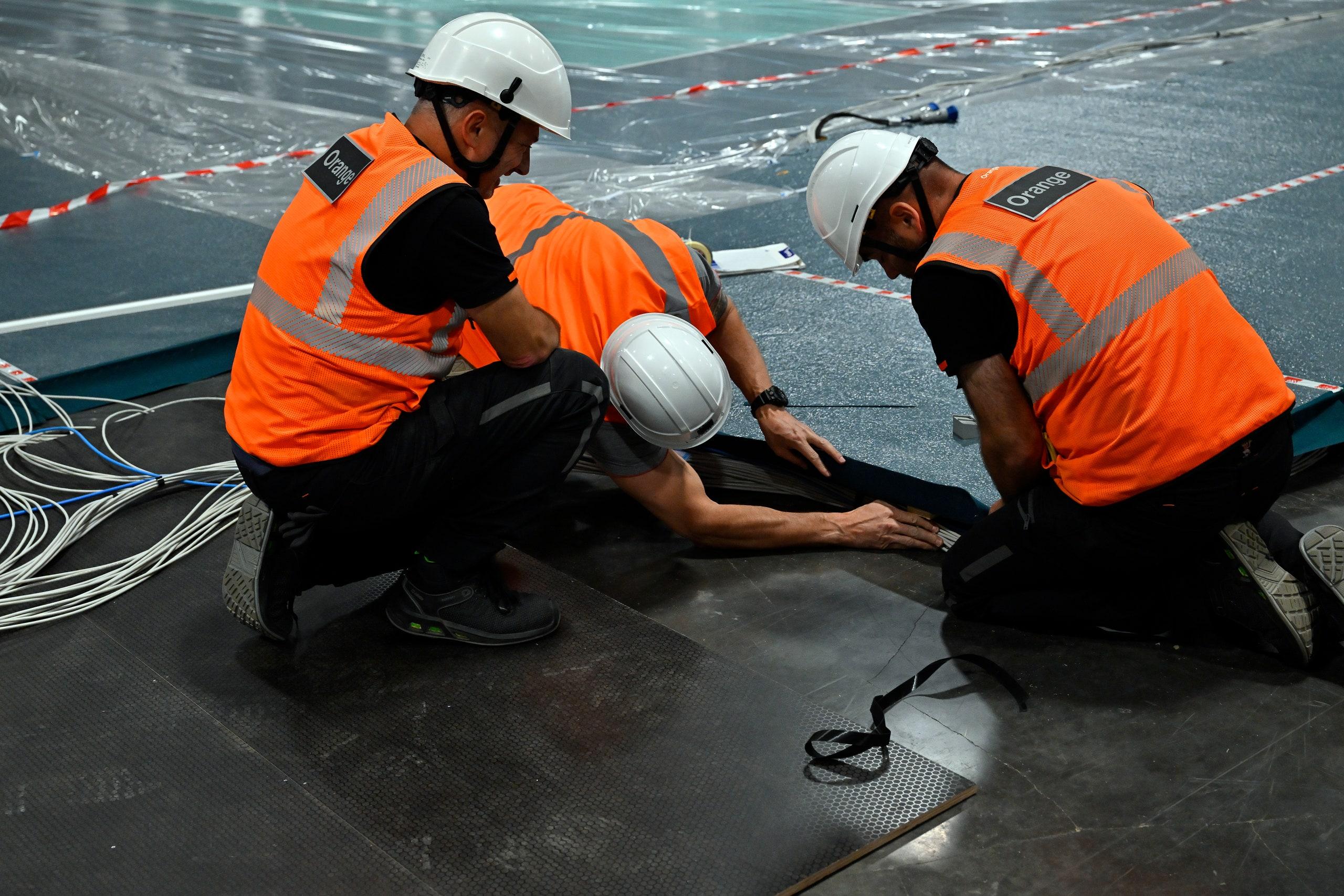Saboteurs Cut Internet Cables in Latest Disruption During Paris Olympics
The Paris Olympics, one of the most anticipated sporting events of the year, has been marred by yet another disruption. Saboteurs have once again targeted the infrastructure that keeps our world connected, cutting several internet cables in the city. This malicious act has left millions of residents and visitors without access to the online world, causing widespread frustration and concern.
The motive behind this sabotage remains unknown, but its consequences are alarming. The internet has become an essential part of our daily lives, serving as a platform for communication, information, entertainment, and even essential services. Cutting internet cables not only hinders personal connectivity but also affects businesses, healthcare systems, transportation networks, and a wide range of other vital sectors.
This targeted act of sabotage during a time when the world is supposed to be coming together to celebrate athletic prowess is deeply disheartening. The Paris Olympics are meant to showcase unity, competition, and cultural exchange. However, these incidents of cutting internet cables seem to undermine the very spirit of the Games, aiming to disrupt and sow discord.
The immediate impact of the severed internet cables is felt by the residents and visitors of Paris. In today’s connected world, people rely on the internet for various needs such as communication, work, and accessing information. Without an internet connection, many are unable to carry out their essential tasks or even simply stay connected with their loved ones. This disruption also affects athletes and spectators, as they are unable to share their experiences, seek information, or enjoy the full range of digital services and entertainment offered by the event.
Furthermore, the long-term consequences of such sabotage can extend far beyond the duration of the Paris Olympics. A disruption of this magnitude can have lasting effects on the economy and digital infrastructure of the city. In a time when remote work and online services have become the norm, businesses will struggle to operate efficiently, leading to potential financial losses and decreased productivity.
Moreover, such attacks raise concerns about the vulnerability of our digital networks. Cutting internet cables is just one method of sabotage, but there are numerous other ways in which critical infrastructure can be targeted. These incidents highlight the need for enhanced security measures and increased investment in safeguarding our digital ecosystem.
Authorities must take swift action to investigate these acts of sabotage and bring the culprits to justice. Alongside this, there is a pressing need to reinforce the resilience of our digital infrastructure. This includes diversifying network routes, implementing real-time threat detection systems, and improving the redundancy of critical network components.
Additionally, fostering international collaboration is essential to counter these acts of sabotage effectively. The Paris Olympics, being a global event that brings together people from all corners of the world, presents an opportunity to discuss and address these security concerns collectively. Sharing best practices, exchanging intelligence, and developing comprehensive security protocols can effectively deter future attacks on our digital infrastructure, ensuring the safety and seamless operation of the internet.
As the Paris Olympics continue, it is imperative that we stand united against these senseless acts of sabotage. Our ability to connect, communicate, and thrive in the digital age must be protected and fortified. By prioritizing the safety and resilience of our digital networks, we can ensure that disruptive incidents like these become increasingly rare, allowing us to relish in the true spirit of global unity and athletic achievement.

